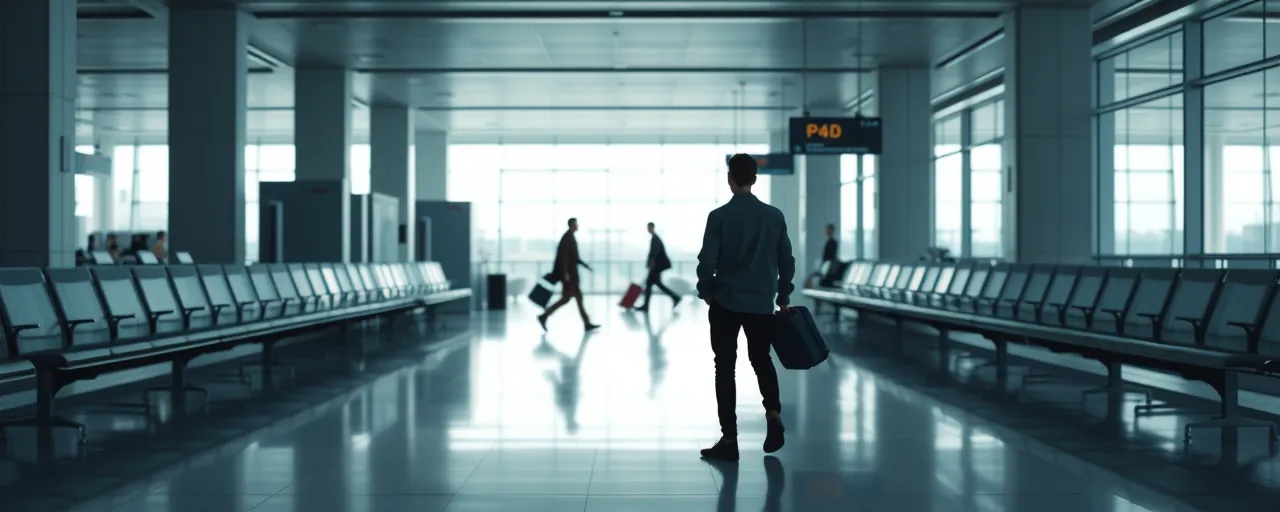A Flawed Shield?
Airports hum with the promise of safety, but recent findings about the Transportation Security Administration’s watchlisting practices have cast doubt on that assurance. In 2025, the Department of Homeland Security uncovered documents exposing uneven use of the Silent Partner and Quiet Skies programs, sparking questions about whether these measures protect travelers or serve private interests.
The case of William Shaheen, married to a New Hampshire senator, stands out. Despite traveling with a known or suspected terrorist three times in 2023, Shaheen secured a rare exemption from enhanced screening. At the same time, figures like Tulsi Gabbard faced unexplained scrutiny, highlighting a system that seems to bend for some while binding others.
Shaheen’s Pass: Privilege or Protocol?
The timeline began in July 2023, when Shaheen’s flights from Boston to Washington, D.C., triggered TSA’s random selectee process after he shared travel with a flagged individual. Following inquiries from the senator’s office, TSA’s then-administrator placed Shaheen on the Secure Flight Exclusion List, sparing him further checks. Even after another flagged trip in October, the exemption persisted for 18 months until new leadership reversed it.
Shaheen wasn’t alone. The exclusion list covered foreign royals, athletes, and journalists, suggesting a broader pattern of leniency for the well-connected. While some defend these exemptions as practical for low-risk elites, others see them as proof of a system swayed by influence, compromising its core mission of equal vigilance.
Who’s on the List—and Why?
Quiet Skies and similar programs rely on travel patterns and behaviors to spot risks, but whistleblowers have revealed troubling details. Criteria like 'public notoriety' or 'unruly conduct' have swept up journalists, activists, and political figures, raising fears that watchlists target outspoken voices rather than genuine threats.
Security experts counter that dynamic tools are vital for catching elusive risks, pointing to successes in thwarting plots since 9/11. Yet the opacity of who gets flagged, and the absence of clear recourse for those wrongly targeted, fuels distrust among travelers seeking fairness alongside safety.
Rebuilding a Fair System
Civil liberties advocates press for reforms, urging real-time audits by the Privacy and Civil Liberties Oversight Board and public reports on watchlist outcomes. These changes, they argue, would limit arbitrary decisions while keeping security intact. Some lawmakers also push for stronger redress processes, like DHS’s Traveler Redress Inquiry Program, to help those unfairly flagged.
Security proponents caution against handcuffing TSA’s flexibility, citing historical gaps that left the nation vulnerable. Both sides agree that trust hinges on clear, consistent rules applied without favoritism, a balance that remains elusive but essential.
A Path to Trust
The TSA’s watchlist saga underscores a persistent challenge: crafting security that doesn’t sacrifice fairness. Restoring faith in the system demands transparent criteria, even-handed enforcement, and oversight that holds power accountable, ensuring no one evades scrutiny due to status or connections.
Past scandals, from Nixon’s IRS audits to post-9/11 surveillance overreach, remind us that unchecked authority breeds mistrust. Today’s calls for reform carry that weight, pushing for a system where security aligns with equity.
Travelers deserve confidence that airport screenings prioritize their safety, not political clout. The road ahead lies in building a framework where protection and fairness coexist, serving the public above all.
